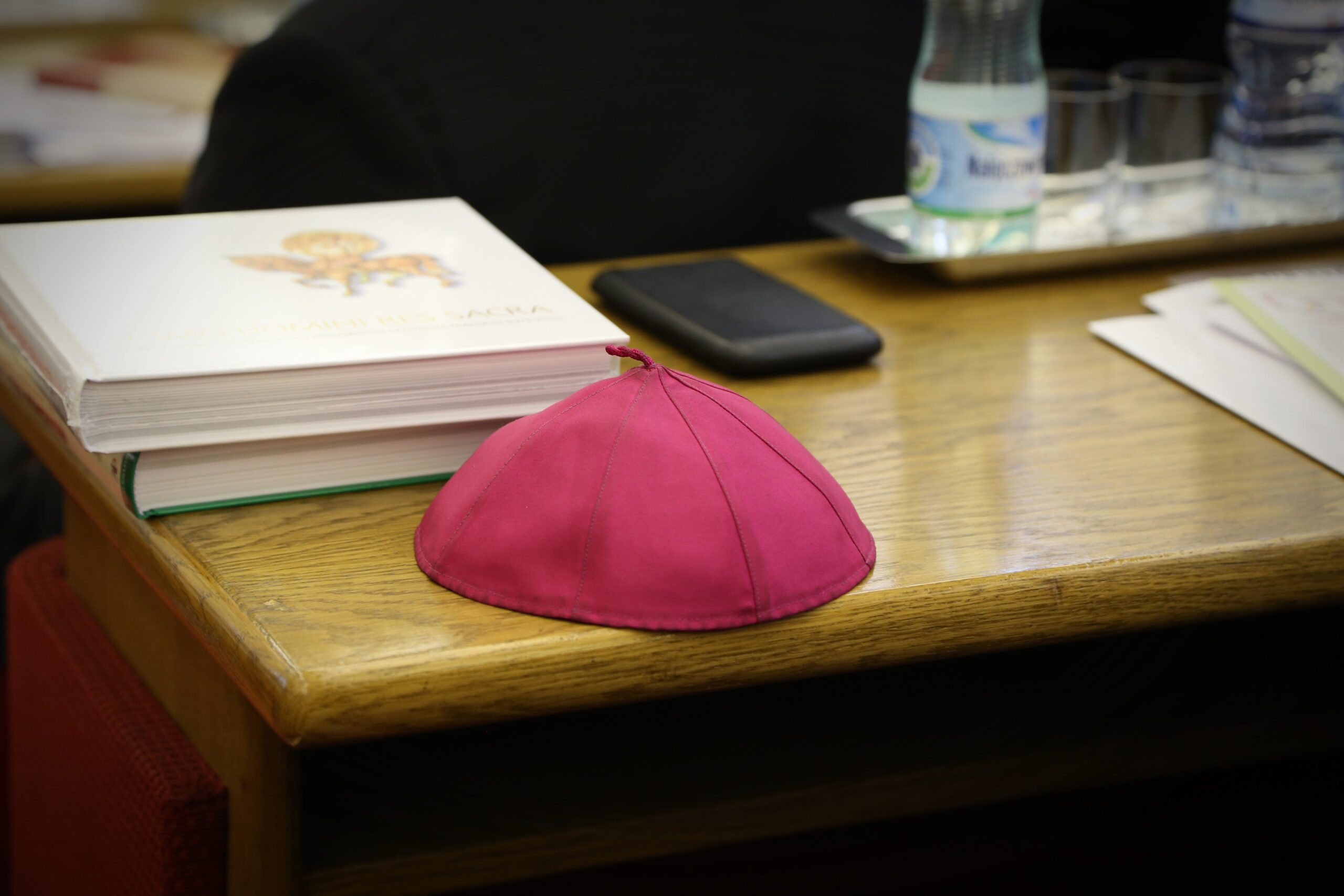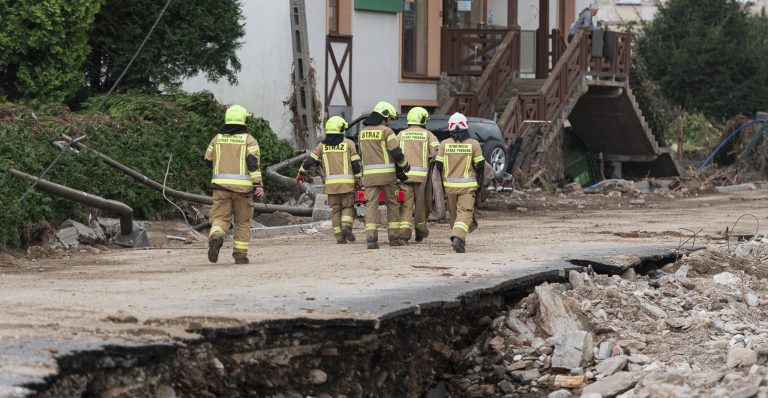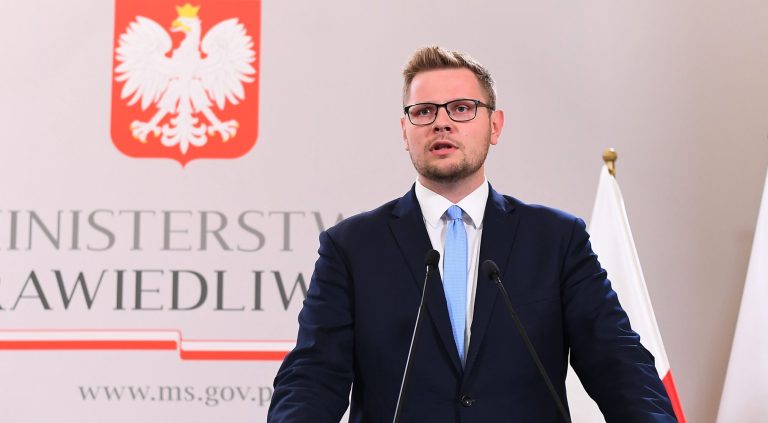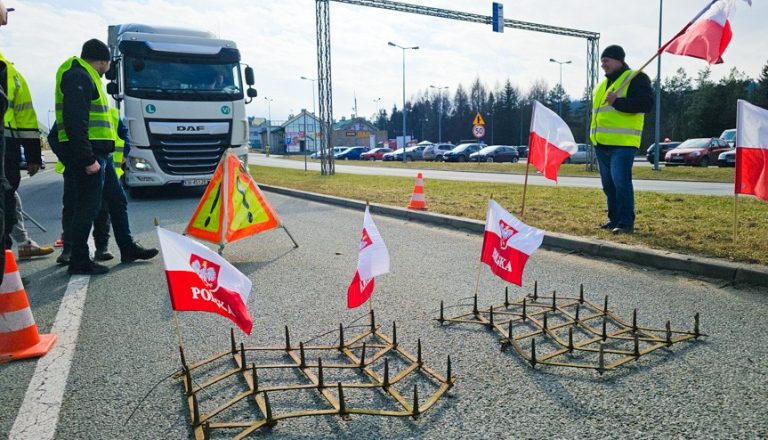Catholic church in Poland opposes reducing number of religion classes in schools

The education committee of the central body of the Catholic church in Poland has criticised the new government’s plans to, among others, reduce the number of hours of religion classes, seeing it as an infringement of human rights, such as the right to religious freedom.
It has also opposed plans of scheduling religion classes as the first and the last lesson in pupils daily schedules, as well as not including the grade from religion neither in the grade average, nor on the school certificate.
This is the first official position of the Committee for Catholic Education of the Polish Bishops’ Conference (KEP) on the proposed changes since the new education minister first mentioned the plans in December. Initially, the church has only called for dialogue on any changes to the organisation of religion classes in schools.
Komisja Wychowania Katolickiego Konferencji Episkopatu Polski wyraziła sprzeciw wobec zapowiadanych przez Ministerstwo Edukacji Narodowej zmian dotyczących organizacji lekcji religii w szkołach. #Oświadczenie: https://t.co/VdDZmBqAgE #religia pic.twitter.com/ht4ks8aTdZ
— EpiskopatNews (@EpiskopatNews) February 13, 2024
The classes, which are optional but attended by most pupils, are hosted and funded by public schools but with teachers and curriculums chosen by the Catholic church.
The new education minister, Barbara Nowacka, has long argued that two hours a week of religion classes “is excessive” given that it is more than pupils have for some other subjects. In December, she announced her plans to reduce that number to one hour a week.
In a statement published yesterday, KEP’s committee wrote that it was “deeply concerned” by these announcements, as it sees access to religion classes in schools as a human right.
“[Right to access to] religion classes on the premises of a public school derives from fundamental human rights, in particular the right to religious freedom, the right to education (which includes teaching and upbringing) and parents’ right to teach [their children] and bring [them] up in accordance to their religious convictions,” the statement reads.
After Poland’s new education minister outlined plans to reduce state-funded Catholic catechism classes in public schools, a senior church official has called on the government to ensure that any such changes are „carried out in dialogue with the church” https://t.co/PSHkYaehQB
— Notes from Poland 🇵🇱 (@notesfrompoland) December 15, 2023
The committee noted, reiterating KEP’s earlier comments, that changes concerning the organisation of teaching of Catholic catechism at school should take place in consultation with churches and religious associations, and that the approval of the bishop is needed to reduce the number of religion lessons.
The body also expressed concern that in the event of a reduction in the number of hours of religious instruction in schools, “thousands of religious teachers” would lose their jobs, which would have a “very negative impact on their personal lives and the fate of their families”.
The committee has also deemed provisions of the draft regulation tabled last month by the ministry, which would end the practice of including religion and ethics grades in the average final grade, as “unfair”.
“The pupil should be rewarded for his or her work, and this reward and appreciation of the pupil’s effort is precisely the grade, which also has a motivational function,” the committee wrote. If adopted, the regulation would come into force with the start of the new school year on 1 September 2024.
The proportion of people in Poland identifying as Roman Catholics has fallen to 71% in the latest national census, down from 88% a decade earlier https://t.co/Li5vSX5IIO
— Notes from Poland 🇵🇱 (@notesfrompoland) September 29, 2023
The committee stressed that religion classes instil in students moral values, play “a huge educational role and strongly support the educational role of the school”.
“A religion lesson at school also has great cultural value. It helps to understand our culture, which has Christian roots. It gives cognitive tools for understanding literature and art,” the committee argued.
Across Poland as a whole, over 80% of pupils in schools and preschools attended the optional classes in the 2021/22 school year. However, attendance has been declining in recent years, in particular in large towns and cities.
In 2022 only 29% of high school students in Warsaw opted in for the lessons. Two cities, Wrocław and Częstochowa, have asked to be released from their obligation to fund the subject.
Wrocław, Poland’s third-largest city, has called for an end to municipal funding for Catholic catechism classes in schools.
It says it spends millions of zloty a year on the lessons even though only a minority of pupils now attend them https://t.co/q11Cqxu2BN
— Notes from Poland 🇵🇱 (@notesfrompoland) October 21, 2023
The committee’s use of arguments referring to the moral and cultural value of religion classes has been criticised by a Polish MEP, Łukasz Kohut, a member of the Socialists and Democrats Group (S&D) in the European Parliament.
KEP “used the argument that these lessons instil values such as: ‘love of neighbour, interpersonal solidarity, the need for justice, openness to the other, tolerance, empathy’…in other words, everything that was missing when the KEP produced its report on paedophilia among priests,” he said, referring to 2021 report on child abuses.
The report showed that between July 2018 and the end of 2020 the church received almost as many complaints of child sexual abuse by members of the clergy as over the previous 28 years combined.
Nowacka has not publicly addressed the committee’s statement yet, but she reposted Kohut’s comment on X (formerly Twitter).
Poland’s Catholic church has revealed that almost as many reports of child sex abuse by clergy were filed in 2018-20 as over the previous 28 years combined
The episcopate admits there are also „certainly many hidden cases”, and has „asked for forgiveness” https://t.co/1L7p6tztMi
— Notes from Poland 🇵🇱 (@notesfrompoland) June 28, 2021
Main photo credit: EpiskopatNews/Flickr (under CC BY-NC-SA 2.0)
Alicja Ptak is senior editor at Notes from Poland and a multimedia journalist. She previously worked for Reuters.






